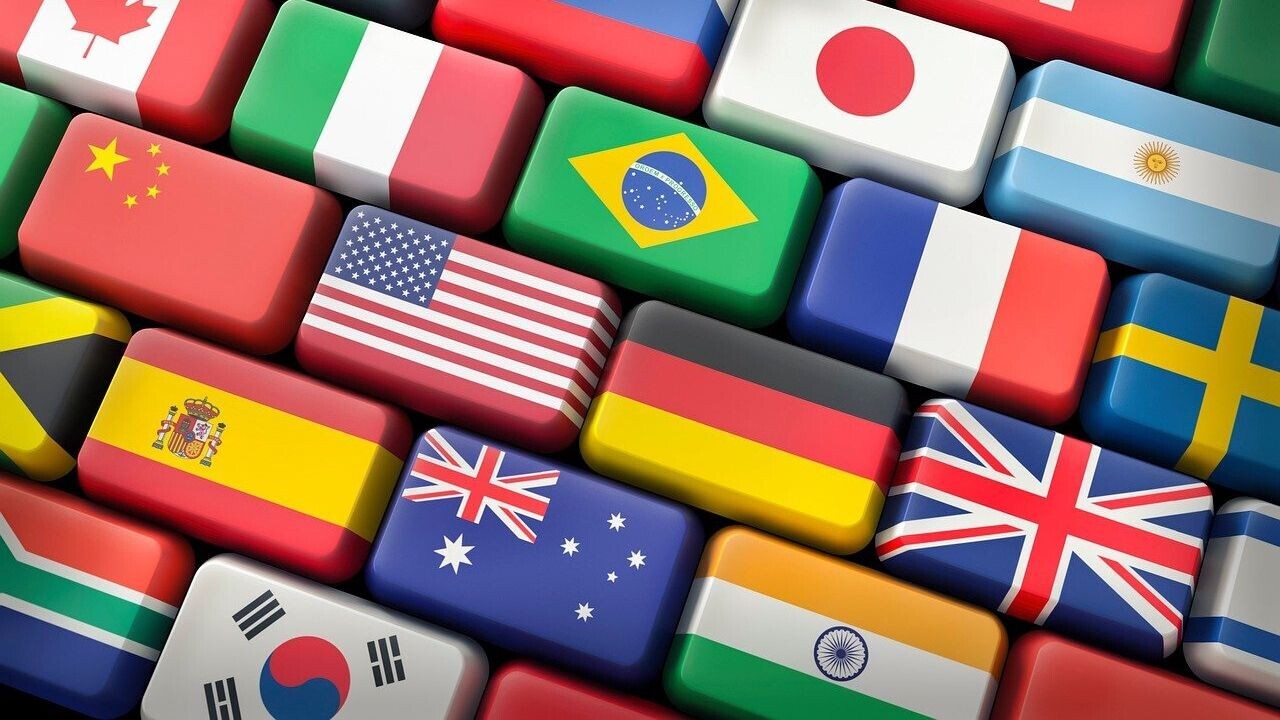AI threatens to decimate the translation profession, according to a new survey by a British union.
Almost four in ten translators (36%) said they’ve already lost work due to generative AI. Nearly half of them (43%) said the tech has decreased their income.
They fear far worse is to come. Over three-quarters of translators (77%) believe GenAI will negatively impact future income from their creative work.
The survey was conducted by the Society of Authors (SoA), the UK’s largest trade union for translators, writers, and illustrators. SoA said the livelihoods of translators are at risk.
To protect them, the union wants GenAI developers to commit to consent, remuneration, and transparency measures. SoA has also called for government enforcement of the measures.
“No one expects generative AI to be un-invented, and we all know its potential to be a powerful and useful tool,” said Nicola Solomon, the outgoing SoA chief executive. “But it is not too late to ensure that it is developed and used ethically, and within existing copyright frameworks.”
GenAI developers, however, may have a different view.
The AI translation boom
The job fears come amid immense improvements in machine translation (MT). Recent progress in AI has rapidly advanced the capabilities of MT services, which now threaten to upend the $65bn translation industry.
Google Translate provides a notable example. On launch, the service used a statistical model that provided mixed results. After upgrading to an artificial neural network in 2016, the translation quality rapidly improved.
These developments have created a thriving pool of European MT startups. Led by German unicorn DeepL — which claims to make the world’s best AI translation software — the continent now regularly hosts breakthroughs in the sector.
Recent examples include a world-first translator for events from Switzerland’s Interprefy and novel research on “the singularity” from Italy’s Translated.
Both companies have downplayed the threat they pose to human translators.
Changing demands for translators
Oddmund Braaten, Interprefy’s CEO, told TNW that machines still can’t compete on complex linguistic tasks.
“Interpreters have the unique ability to adapt their translation to every scenario, as well as being able to paraphrase and interpret non-spoken information such as body language and tone of voice,” he said.
“These are qualities that AI simply cannot replicate and are especially important for higher-level communication such as board meetings, legal meetings, or diplomatic conversations.”
Translated’s CEO, Marco Trombetti, makes a bolder claim. He told TNW that his company’s MT service was creating more demand for human professionals.
“All our customers who are deploying machine translation on a large scale are also spending more on human translation,” he said.
“Machine translation is an enabler in that it creates more interactions between markets and users that were not in contact before. This generates business, and business generates higher-quality content that requires professionals.”
Trombetti also anticipates new jobs emerging for skilled linguists: training and fixing MT systems. True as that may be, it’s unlikely to allay the fears of human translators.
Get the TNW newsletter
Get the most important tech news in your inbox each week.





